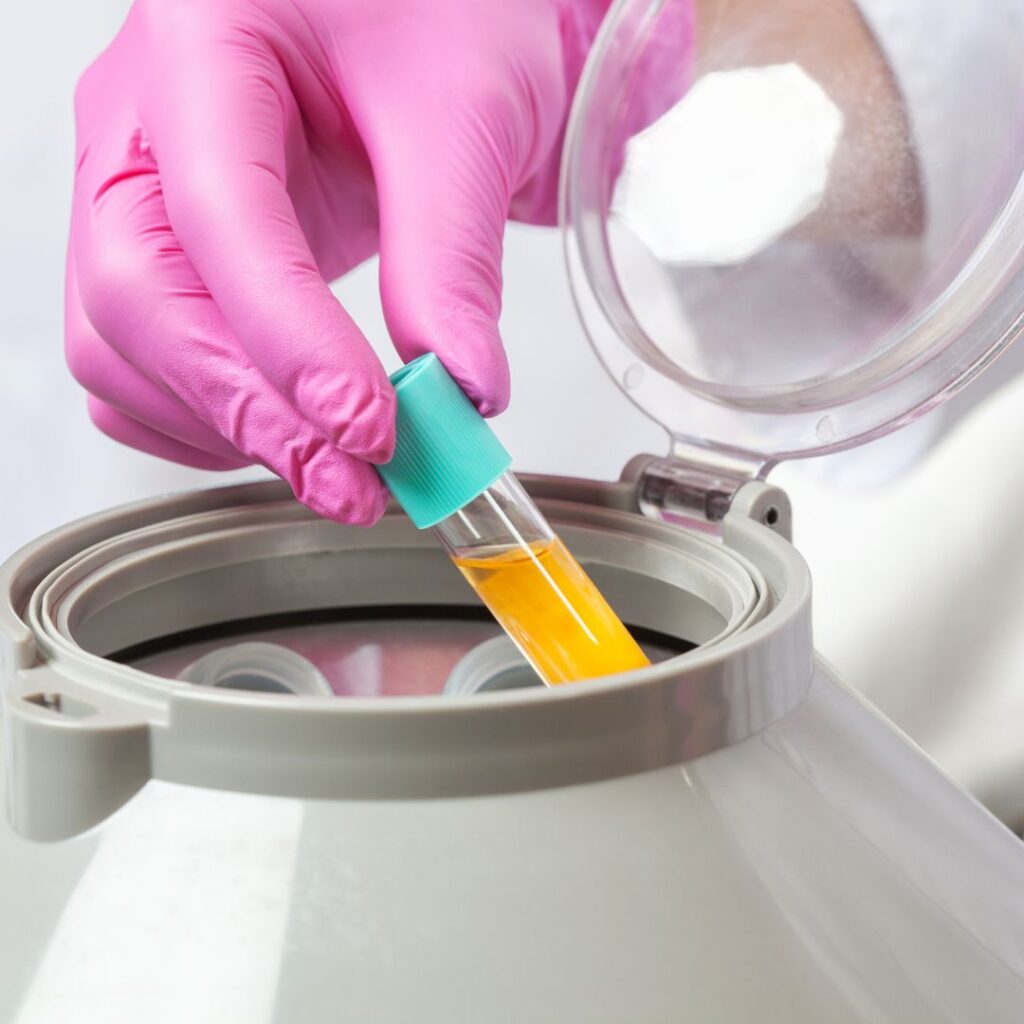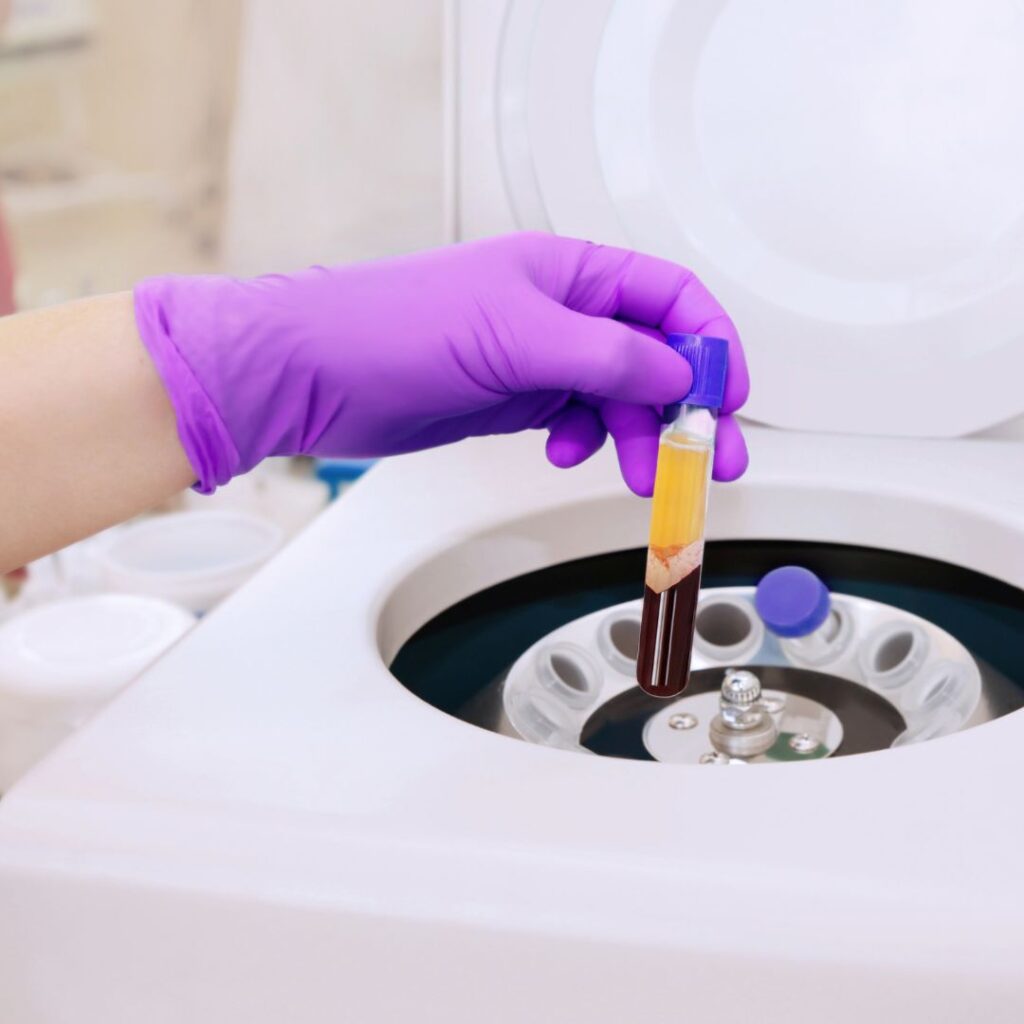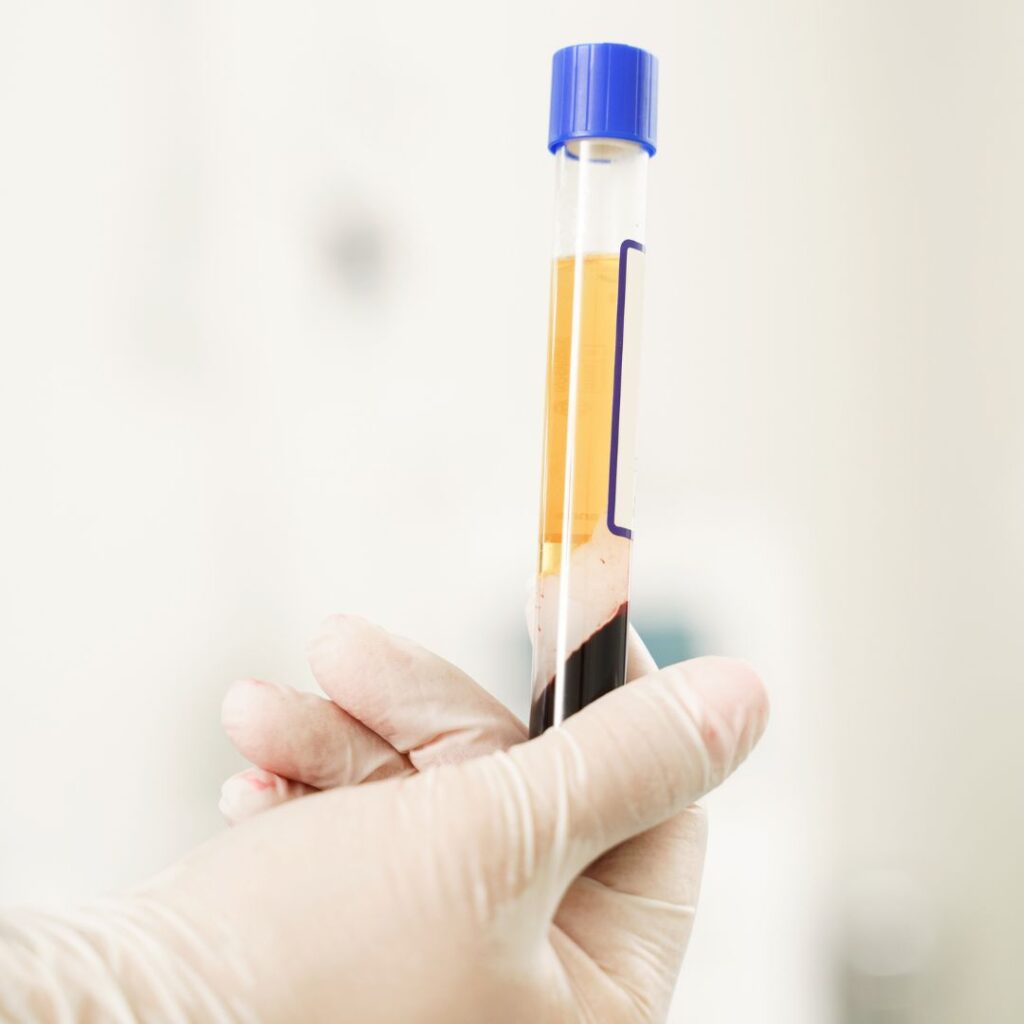Exercise and the Nervous System
We all know that exercise is good for the body, but the benefits go far beyond improving physical health. Working out has a profound impact on our mental and emotional well-being, too. Our nervous system is one of the most significant areas of our body that experience positive changes due to exercise. Yes, that’s right. Exercise can have a dramatic effect on how our nervous system functions.
If you are a fitness enthusiast, this article is for you! Let’s dive deep into the power of exercise and how it affects our nervous system.
Exercise Boosts Mood and Reduces Stress
Exercise has been scientifically proven to boost mood and reduce stress. When we work out, our body produces endorphins – the feel-good hormones which make us feel happier and more relaxed. These endorphins bind to receptors in our brain, decreasing our perception of pain and increasing our well-being.
Exercise also helps to reduce the amount of cortisol, the stress hormone, in our body. We tend to feel anxious and stressed when our cortisol levels are high. But, exercise helps to balance these hormones in our body, leading to a relaxed and stress-free mind.
Improves Memory and Cognitive Functioning
Exercise not only helps us to release pent-up stress and tension, but it also improves our cognitive functioning. Studies have shown that exercise improves the hippocampus area in our brain. This area is responsible for learning and memory. When we exercise, our brain produces a protein called Brain-Derived Neurotrophic Factor (BDNF), which helps to boost cognitive functioning and enhance neuroplasticity. The production of BDNF also encourages the growth of new brain cells, which improves our ability to retain and process information.
Enhances Sleep Quality
As we all know, sleep is essential for properly functioning our body and mind. Exercise helps to improve the quality of our sleep. When we work out, our body raises its core temperature, which promotes the production of melatonin – the hormone that regulates sleep. Exercise also helps to reduce anxiety and depression, which are the major causes of sleeping disorders.
Reduces Risk of Neurodegenerative Diseases
Exercise has been found to reduce the risk of neurodegenerative diseases such as Alzheimer’s and Parkinson’s disease. Working out helps to increase blood flow and oxygen supply to the brain, promoting the formation of new neural connections. Exercise also reduces chronic inflammation, which is linked to the onset of neurodegenerative diseases.
Improves Nerve Functioning
Exercise is also beneficial for people who suffer from nerve problems. Our body produces a substance called Nerve Growth Factor (NGF) when we exercise. This growth factor helps to repair and regenerate damaged nerve cells and stimulate the formation of new ones. Exercise also helps improve the myelin sheath – the protective coating surrounding our nerve fibers. When the myelin sheath is healthy, our nerves work efficiently and experience less pain and discomfort.
The Power of Exercise: Boost Mood, Reduce Stress, and Enhance Well-being
In summary, the impact of exercise on our nervous system is profound. It helps to boost mood, reduce stress, and improve cognitive functioning. Exercise enhances sleep quality, reduces the chances of developing neurodegenerative diseases, and improves nerve functioning. So, if you want to lead a healthy and happy life, add exercise to your daily routine.
Here at Arsenal Health + Fitness, we have a variety of options when it comes to exercise! We offer open gym for those who prefer to work out solo, personal training, and group classes.





